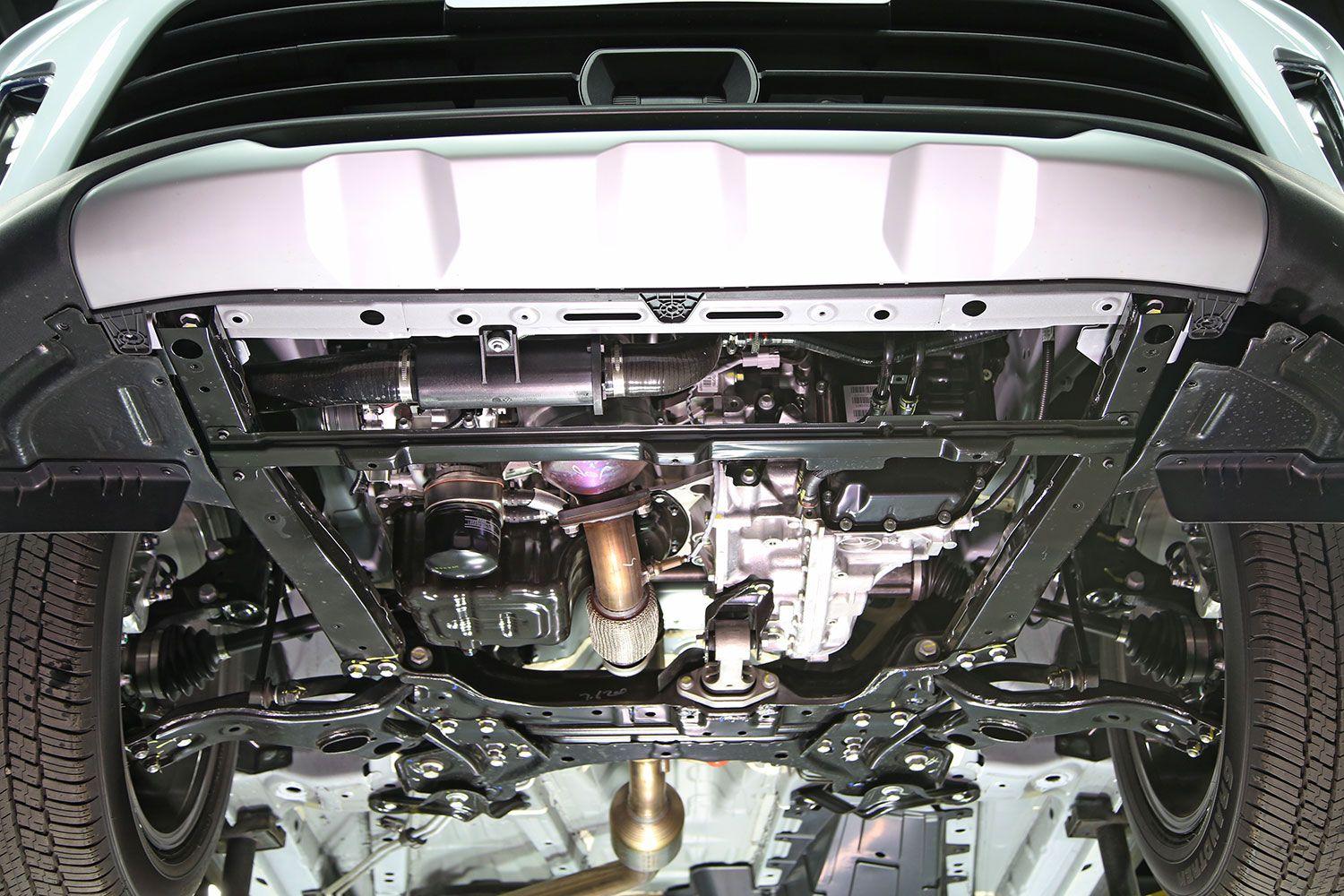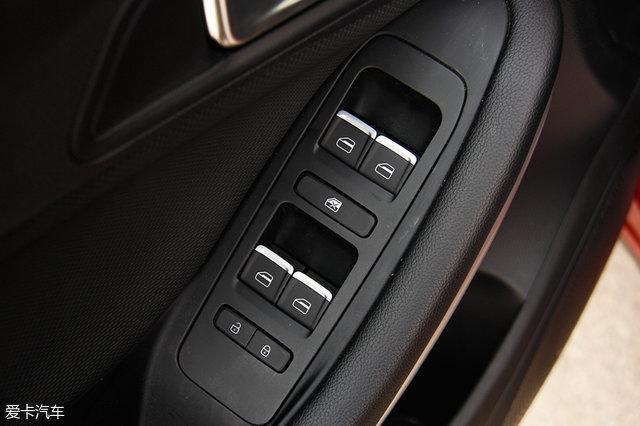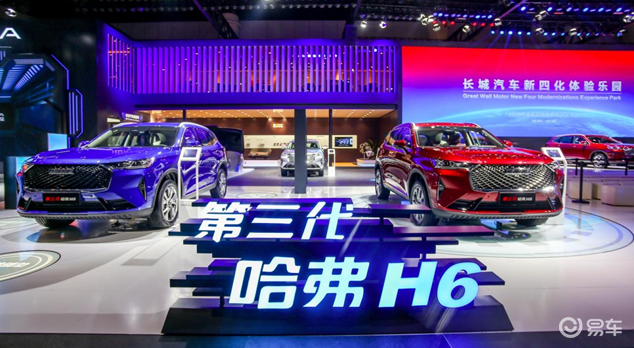Title: Electric Vehicle Brands and Their Importance in the Automotive Industry
The automotive industry is undergoing a significant transformation, with electric vehicle (EV) brands playing a crucial role in this shift. As concerns about climate change and air pollution continue to grow, governments around the world are incentivizing the adoption of EVs by offering tax credits, rebates, and other perks. This has led to an influx of new EV brands entering the market, each with its unique offerings and strategies.Some of the key players in the EV landscape include Tesla, which has established itself as a leader in electric vehicles with its high-performance cars and innovative battery technology. Other notable EV brands include NIO, Xpeng, and BYD, all of which have made significant strides in developing affordable and stylish EVs. In addition to these well-known brands, many smaller companies are also emerging, eager to capitalize on the growing demand for EVs.The importance of these EV brands extends far beyond their impact on individual consumers. They are helping to drive innovation and competition within the industry, pushing traditional automakers to invest in new technologies and improve the overall quality of their products. By promoting sustainable transportation options, EV brands are also contributing to the global effort to reduce greenhouse gas emissions and combat climate change. As such, they play a vital role in shaping the future of the automotive industry and ensuring a more sustainable future for generations to come.
Introduction:
The world is witnessing a significant shift towards electric vehicles (EVs), as governments around the globe are setting aggressive targets to phase out internal combustion engine (ICE) vehicles. This transition has led to a rapid growth of EV brands, each with its unique design, technology, and market appeal. In this article, we will discuss some of the most prominent electric vehicle brands and their role in shaping the future of the automotive industry.
1、Tesla (美国)
Tesla was one of the pioneers in the electric vehicle market, introducing the world's first all-electric luxury sedan, the Model S, in 2012. The company has since expanded its product range to include SUVs, compact cars, and even full-size pickup trucks. Tesla's innovative features, such as autopilot自动驾驶系统, fast charging technology, and sustainable energy solutions, have made it a popular choice among eco-conscious consumers.

In addition to its electric vehicles, Tesla has also established a reputation for producing high-quality solar panels and energy storage products. This diversified business model has helped the company achieve significant financial success and become a household name in the global EV market.
2、NIO (中国)
NIO is a Chinese electric vehicle manufacturer that specializes in premium luxury vehicles. Founded in 2014, NIO has quickly gained recognition for its innovative design, cutting-edge technology, and high-performance driving experience. The company's flagship product, the ES8, is a mid-size SUV with a range of up to 510 km (317 miles) on a single charge. NIO has also introduced several other models, such as the ES6 and EC6, targeting different segments of the Chinese market.
One of the key factors behind NIO's success is its strong partnerships with leading technology companies. For example, NIO has collaborated with Baidu to develop an advanced autonomous driving system based on artificial intelligence (AI). This partnership has helped NIO establish a solid foundation for future technological innovation and expand its global presence.
3、BYD (中国)
BYD is a Chinese multinational corporation that specializes in electric vehicles, battery production, and renewable energy solutions. Founded in 1995, BYD has developed into a major player in the automotive industry, with a wide range of products covering sedans, SUVs, buses, and even aircraft. One of BYD's most popular models is the Tang, a compact electric SUV designed for urban commuters.

BYD has also made significant strides in battery technology, with its BAKERSLEY battery being used by several automakers worldwide. The company's efforts in promoting green energy have earned it numerous awards and recognition from international organizations.
4、Jaguar Land Rover (英国)
Jaguar Land Rover is a British luxury car brand known for its iconic designs and exceptional driving performance. In recent years, the company has launched several electric vehicle models, including the I-PACE, a compact electric SUV aimed at younger customers. JLR's approach to EV development involves blending cutting-edge technology with classic design elements to create a unique driving experience.
In addition to its automotive operations, JLR has also invested heavily in research and development of electrification technologies. The company aims to leverage this expertise to explore new markets and opportunities in the growing EV sector.
5、Porsche (德国)
Porsche is a well-known German luxury vehicle brand that has been producing high-performance EVs since 2015. The Porsche Taycan is the brand's flagship electric vehicle and has received critical acclaim for its acceleration, handling, and range capabilities. The car can travel up to 260 km (162 miles) on a single charge using its 800-volt electrical system.

Like other luxury brands entering the EV market, Porsche emphasizes both performance and design when developing its electric vehicles. The company's commitment to sustainability is reflected in the use of recycled materials and efficient manufacturing processes in its production facilities.
6、Renault (法国/法国)
Renault is a French multinational automaker that has been active in the EV sector since 2010. The brand has released several electric vehicles under its Zenoq and Twingo models, targeting different segments of the European market. Renault's approach to EV development emphasizes affordability and convenience, with features such as wireless charging and easy recharging capabilities available on select models.
In addition to its automotive operations, Renault has also established partnerships with several tech companies to develop connected car solutions and promote sustainable mobility practices. The company plans to continue investing in EV technology and expanding its global footprint in the coming years.
与本文知识相关的文章:



